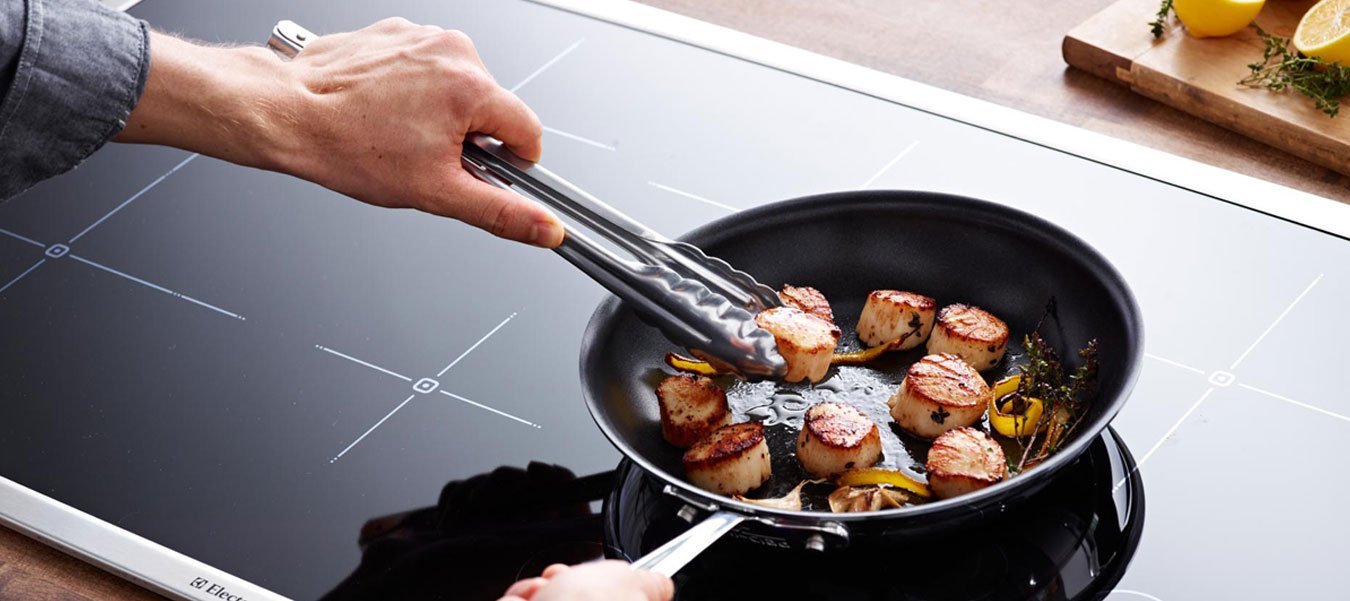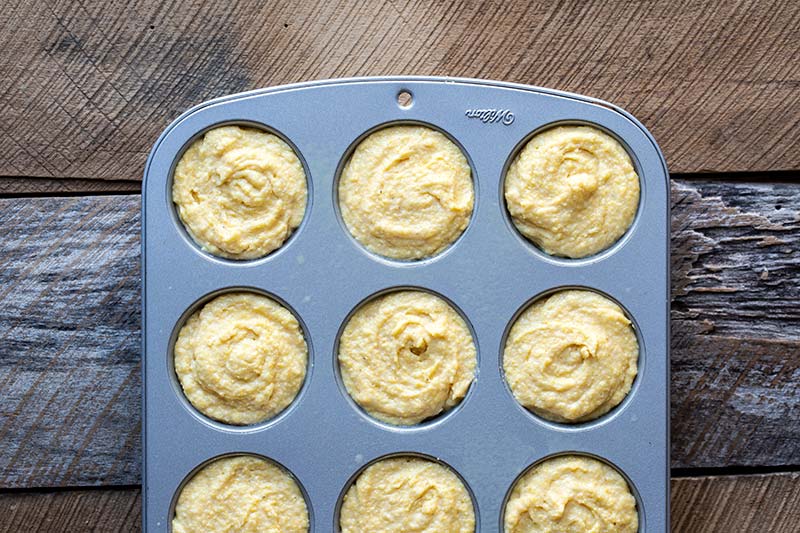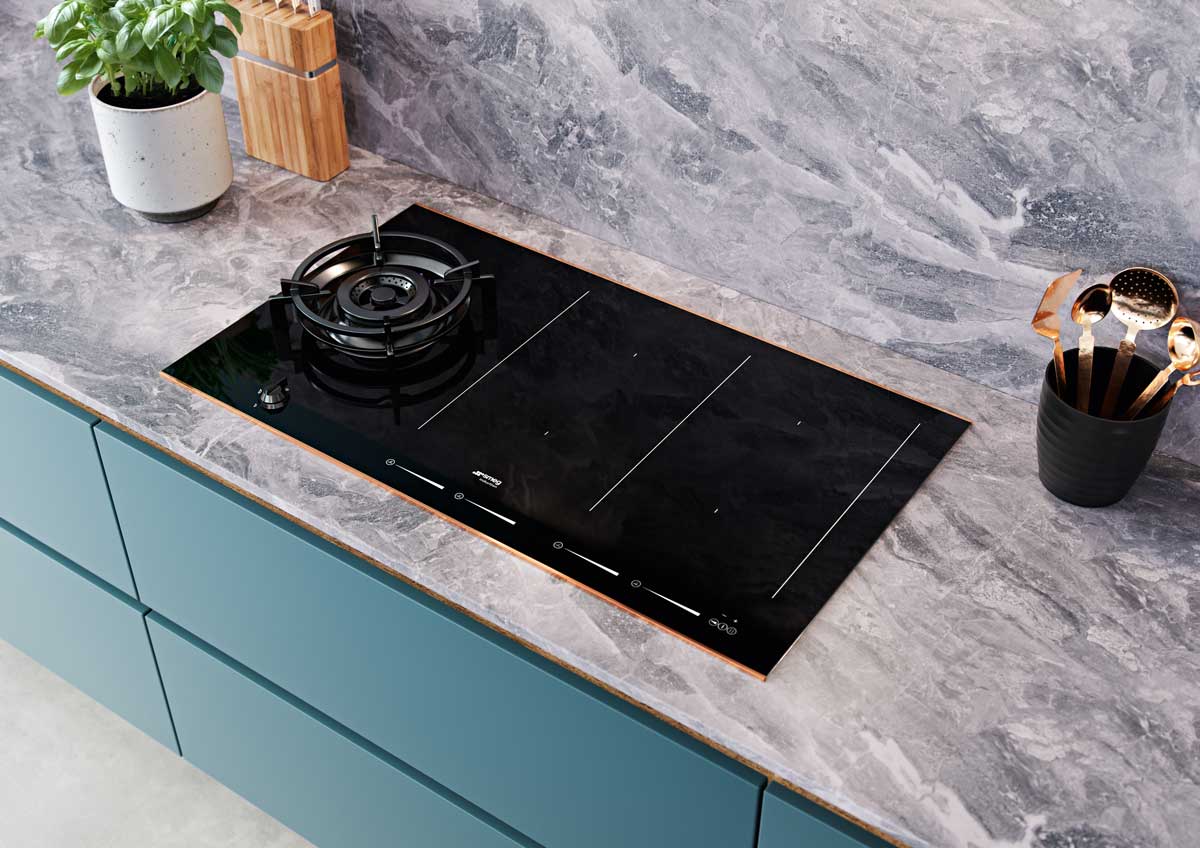In the ever-evolving world of culinary arts, the introduction of induction cooking has revolutionized the way professional chefs approach their craft. With its rapid heating capabilities and energy efficiency, induction cooking has become a staple in many kitchens. However, not all cookware is compatible with these cooktops, and choosing the right cookware that works with induction is essential for any kitchen professional looking to optimize their cooking process.

Understanding Induction Cooking
Before delving into the specifics of cookware, it is important to understand how induction cooking works. Unlike traditional gas or electric stoves, induction cooktops use electromagnetic fields to directly heat the cookware, making the cooking process faster and more efficient. This method requires cookware made of ferrous metal, such as cast iron or certain types of stainless steel, which can interact with the magnetic field. Discover more about how induction cooktops work.
Choosing the Right Cookware for Induction Cooking
When selecting cookware that works with induction, materials matter. Here are some options that are highly recommended:
1. Cast Iron Cookware
Cast iron is a classic choice for induction cooking due to its ability to retain heat and distribute it evenly. Despite its weight, many chefs prefer cast iron for its durability and performance. For more insights on cast iron and induction compatibility, explore further details.
2. Stainless Steel Cookware
Stainless steel cookware is another excellent option for induction cooking. It is versatile, durable, and often features an aluminum or copper core to enhance heat conductivity. The key to using stainless steel is ensuring that it contains enough ferrous material to create a magnetic connection.
3. Carbon Steel Cookware
Carbon steel is lightweight and offers a similar cooking experience to cast iron. It heats up quickly and is ideal for high-heat cooking. This material is particularly favored by chefs who appreciate its responsiveness and versatility.
Benefits of Using Induction-Compatible Cookware
Using the right cookware that works with induction offers numerous benefits in a professional kitchen setting:
- Energy Efficiency: Induction cooktops are more energy-efficient compared to traditional stoves, as they directly heat the cookware without wasting energy.
- Faster Cooking Times: With rapid heating capabilities, induction cooking reduces overall cooking times, allowing chefs to work more efficiently.
- Precise Temperature Control: Induction cooktops offer precise temperature control, enabling chefs to maintain consistent cooking conditions.
Common Misconceptions About Induction Cooking
Despite its growing popularity, there are still misconceptions surrounding induction cooking. One common myth is that induction cooktops are expensive and complicated to use. In reality, the cost of induction technology has decreased, making it accessible to more chefs. Additionally, the user-friendly design of modern induction cooktops simplifies the cooking process.
Another misconception is that only specific types of expensive cookware can be used. However, many affordable options are available that are perfectly compatible with induction.

FAQs
1. Can I use non-stick pans on induction cooktops?
Yes, as long as the non-stick pan has a magnetic base, it should work on an induction cooktop. Always check the manufacturer's specifications to ensure compatibility.
2. How can I tell if my cookware is induction-compatible?
The easiest way to test compatibility is to see if a magnet sticks to the bottom of the cookware. If it does, the cookware is likely induction-compatible.
3. Are there any safety concerns with induction cooking?
Induction cooking is generally considered safe. Since the cooktop itself remains cool to the touch, the risk of burns is reduced. However, it's important to follow all safety guidelines provided by the manufacturer.
For more information about using heavy cookware on induction, check out this helpful guide.
In conclusion, understanding the intricacies of cookware that works with induction is essential for any kitchen professional. By selecting the right materials and learning about the benefits and proper usage of induction-compatible cookware, chefs can enhance their culinary creations and improve kitchen efficiency. For more tips on balancing textures in sizzling meals, visit this informative article.






Leave a comment
This site is protected by hCaptcha and the hCaptcha Privacy Policy and Terms of Service apply.